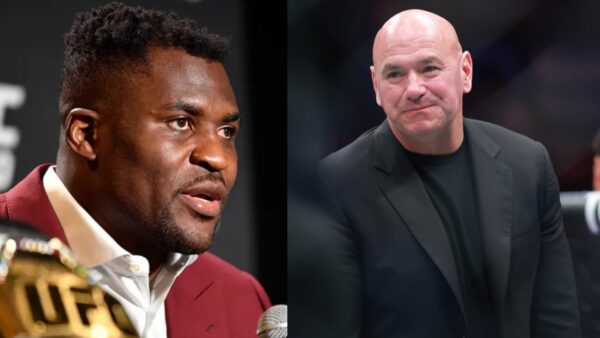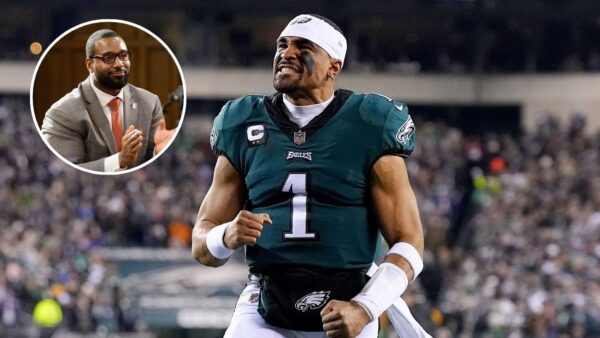Christian Horner discloses an ‘internal’ budget target for Red Bull

Red Bull team principal Christian Horner
🔍 Explore this post with:
The introduction of the cost cap has completely changed the game for Formula 1 teams, especially the big ones. While earlier, they could really spend as much as they like, now there’s a limit – $142 million for 2022, to be precise. If you surpass this set limit, you could be in a world of pain. Red Bull found this out, as they were fined $7 million and had their wind tunnel time reduced for breaching the 2021 cost cap. By only 0.37% – without an accounting error they made.
It was introduced to increase the top-down competitiveness of the grid: To make sure organizations do not dominate solely through financial and informational superiority. However, it will take some years to truly come into play, and this season, which perhaps wasn’t as ‘close together’ as many hoped, is not representative as it was the first year of new regulations. Another aim of the cost cap is to create more sustainable structures for F1 teams – for them to be more profitable.
While Red Bull broke the cost cap in 2021, team principal Christian Horner has revealed to RacingNews365.com that this ‘profitability’ is an ‘internal target’ for the team. It’s clearly an important one. Explaining where Red Bull’s budget comes from, the Briton said: “Obviously, you’ve got a significant amount coming from Formula 1 revenues. We probably have the largest portfolio of partners and sponsors in F1 with over 50, so that reduces the burden of cost to [the parent company] of Red Bull to potentially less than 10% of our total cost.”
But the recently-formed Red Bull Powertrains, supposed to take full responsibility for engine supply and operations from 2026, needed a big investment: “That’s on Red Bull, but on the racing side, the Red Bull Powertrains has taken significant investment.” But the goal is for Red Bull Racing to be profitable their own: “In an ideal scenario, [Red Bull GmBH (the main RB company) not having to contribute to the budget], that would be the breakeven or even profitable point that we aspire to. That’s always been an internal target.”
Christian Horner: Cost cap has ‘driven efficiency’ through F1

Red Bull’s chief engineer, Paul Monaghan, has earlier explained a ‘double-edged sword effect’ of the cost cap. While it limits your own team’s car development, it limits the others as well – it’s the same for everyone. Or it will be, anyways. Christian Horner first explained how the cost cap has reduced the amount of ‘extra’ stock components made – that often went to waste at the end of the season.
In this sense, the Briton thinks that the cost cap has ‘driven efficiency’ into F1. Now, even the big teams won’t produce (over) extra stock – because of the spending limit, but it also means less wastage. Horner said: “It’s just driven efficiency throughout the business. In years gone by there would be millions of pounds worth of unused stock left at the end of the year, that would effectively have to be written off.”
There’s much less room for error now as well – the budget cap means unnecessary crashes hurt even more, especially ones that necessitate multiple component replacements. But this goes in development as well – if you don’t develop the right part, you’ll effectively just have gotten closer to breaching the cost cap with nothing to show for it on the track.
In case you missed it:
- “I will stay where I am,” Christian Horner reaffirms his commitment to Red Bull amid F1’s silly season for team bosses
- “You could see Mercedes had a hangover from that…” Christian Horner takes a cheeky dig at Mercedes about the 2021 championship fight







